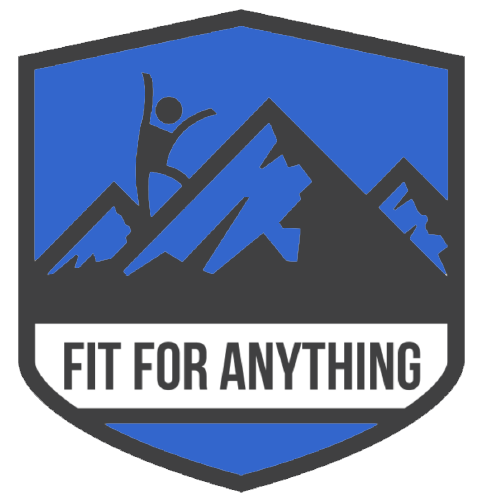Generally speaking the less healthy and fit you are the longer it will take your body to recover, particularly after exercise. While a sweeping statement such as this does not necessarily fit everyone's specific recovery rates it tends to be the general way of things. With this in mind it makes sense for people to improve their fitness levels in order to recover quicker (and better).
Some believe that a break from working out is best for optimal recovery which is not always correct. I find that recovery is often an after-thought for many in training as it gets in the way of whatever training timetable they have in place and goals they have in mind. The truth of it is, no matter how fit you become recovery remains an important part of your overall training experience as not taking time to listen to your body and aid recovery could result in damage which impedes your future progress.
Striving to be fitter (and therefore recover easier) is definitely a recovery goal worth reaching for however extra recovery protocols should be used as appropriate to ensure that recovery is properly taken care of and that damage is avoided, regardless of your fitness level.
Fill Up on Foods with Anti-Inflammatory Benefits
A large part of recovery relies on the natural anti-inflammatory tools your body has in it's tool box. It is easy to boost these by incorporating anti-inflammatory containing foods such as eggs (free range), salmon, leafy greens (dark ones), garlic and more. When your everyday life is engaged in training of some sort increasing your body's natural recovery processes makes good sense.
Magnesium
Being deficient in magnesium is more common that you would expect. Luckily magnesium is available in supplement form and magnesium levels may be boosted via foods such as dark chocolate (70%), sea kelp and more. A deficiency causes muscle weakness, higher tendency to cramp, may lower your immune system and even affect your sleep. The flip side is that taking a supplement can increase your testosterone levels as well as muscle strength as much as thirty percent. Clearly ensuring that you have adequate magnesium levels is key to your ongoing health, recovery and success.
Adequate Sleep
Getting enough quality sleep (quality being the key here) is as important for your recovery as it is for your overall well-being. Deep sleep is the time that your body puts aside for recovery time and so should be encouraged. If (as above) you have a lack of magnesium this could be the reason for interrupted sleep. There are many other reasons however, including what time you go to bed (before 11pm is the best time), it could be stress or a number of other factors. Make the necessary changes to promote adequate deep sleep to boost your recovery.
Enjoy an Ice Bath
While twenty minutes immersed in cold water (outdoors) or an ice bath does not sound like everyone's idea of fun the cold activates adinopectin, a hormone geared towards recovery and repair. Being immersed in cold water for a period of time also helps to burn fat, stimulates your immune cells (boosting immune functions) and will even give your metabolism a kick-start.
While not quite as effective as being completely immersed a cold shower is less painful and quicker to manage. How much effort you put into this recovery protocol defines how successful the results will be.
There are a number of ways to boost your recovery and these all make a difference to the speed and effectiveness of your recovery times. Make sure that you take recovery seriously, avoiding considering it an after-though as otherwise you may well find that you end up with on-going physical issues which will have a negative effect on your training success, as well as your health!

